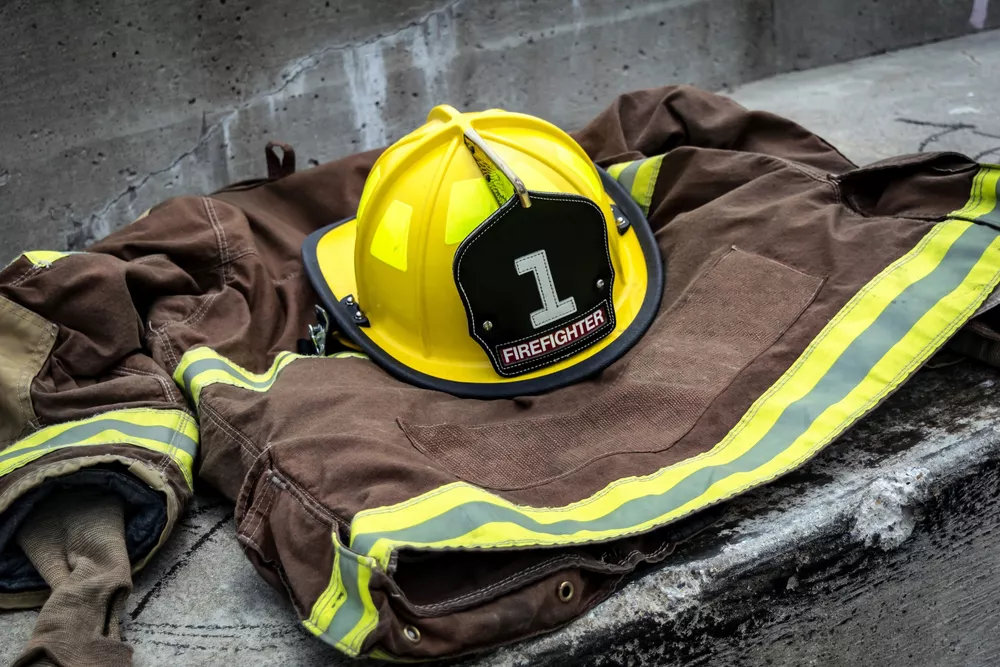Due to inhaling the carcinogens in the toxic dust cloud that covered Lower Manhattan in the months following the 9/11 terrorist attacks, many responders and survivors have developed various forms of cancer — including bone cancer. This is a rare form of cancer that starts in the cells of the bones and can significantly impact a victim’s life. If you are an eligible responder or survivor diagnosed with 9/11 bone cancer, you may be entitled to a monetary award for your economic and non-economic losses from the September 11th Victim Compensation Fund.
What is 9/11 Bone Cancer?
Bone cancer is uncommon. While other types of cancer can metastasize and spread to the bones, primary bone cancer begins when the cells in the bones start to grow uncontrollably. Types of primary bone cancer include osteosarcoma, Ewing sarcoma, and chondrosarcoma. Other forms of cancer that develop in the bones, but not the actual bone cells, include multiple myeloma, leukemias, and Non-Hodgkin lymphoma.
Symptoms of 9/11 bone cancer can include the following:
- Pain in the bones
- Swelling near the affected area
- Tenderness
- Weakened bone, leading to a broken bone
- Fatigue
- Unintended weight loss
Importantly, the WTC Health Program monitors and treats eligible responders and survivors for all forms of cancer, including those that begin in the bone. The treatment for bone cancer depends on the type, stage, and location of the cancer. It may involve surgery, radiation therapy, chemotherapy, immunotherapy, and bone support to prevent fractures. In many cases, bone cancer is successfully treated — on average, the five-year survival rate is 66.8%. When caught early, there is a better chance of recovery.
VCF Compensation for Bone Cancer
The VCF understands the impact bone cancer can have on a responder or survivor and their family. Responders and survivors who meet the VCF’s eligibility criteria may be entitled to a monetary award for the economic and non-economic losses they suffered in connection with their diagnosis. In order to receive compensation, a responder or survivor must establish their presence in the NYC Exposure Zone within the statutory time frame — and have their condition certified by the WTC Health Program.
VCF compensation for economic loss in connection with bone cancer covers the pecuniary damages suffered due to the diagnosis. Depending on the individual claim, an award can include recovery for lost earnings, loss of employment benefits, replacement services loss, and out-of-pocket medical costs. Non-economic loss, also referred to as pain and suffering, is meant to compensate for the physical pain and mental anguish experienced as a result of the condition.
Under the statutory guidelines of the Zadroga Act, a responder or survivor is entitled to compensation of up to $250,000 for a cancer condition. The amount ultimately awarded depends on how severe the condition is and how it affected the victim’s life. In cases involving multiple types of cancer, the Special Master may exceed the statutory cap and issue an award of up to $340,000.
If a victim passes away due to 9/11 bone cancer, their spouse and dependents may be entitled to compensation by filing a deceased claim. In doing so, they may be eligible to recover the costs of a funeral or burial service, replacement services loss, and their loved one’s lost wages. The spouse and each dependent of a victim may also be awarded non-economic loss in the amount of $100,000 each and $250,000 on behalf of the victim.
Contact an Experienced 9/11 VCF Attorney
If you’re a 9/11 responder or survivor who has been diagnosed with bone cancer, it’s critical to have the counsel of a knowledgeable VCF attorney who can help ensure you obtain the monetary award to which you’re entitled. The 9/11 Victim Compensation Fund attorneys at The Dearie Law Firm, P.C., have represented claimants and their families in 9/11 VCF claims for over a decade. For a free consultation, contact us today.

